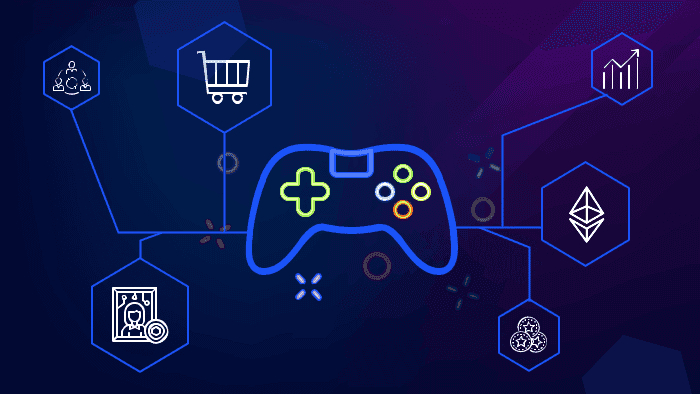
Positives and Negatives of Decentralized Gaming
Everything you need to know about decentralized gaming, and how cutting-edge tech offers players greater autonomy over their favorite games and the in-game assets they accumulate.
In the realm of online gaming, the web2 gaming landscape hinges heavily on centralized entities for game development, server hosting, game state tracking, and tournament management. Players are compelled to entrust developers with their account details and gaming assets, notwithstanding the vulnerability of centralized servers to single-point failures.
Conversely, the decentralized gaming ecosystem leverages blockchain technology and smart contracts for the decentralized storage of critical game data. This article explores decentralized gaming, its positives and negatives, and prospects for its future trajectory.

What is Decentralized Gaming?
Decentralized games utilize blockchain networks to store player data, digital assets, and game-state information. These platforms prioritize player autonomy, as they're not typically owned or controlled by a single entity.
However, it's crucial to recognize that decentralization can vary. While some games may be entirely decentralized, others may depend on a central team of developers to ensure smooth operation and may implement moderation for player interactions to bolster safety.
Common Decentralized Gaming Elements
Decentralized gaming lacks a universal blueprint, yet numerous blockchain games share common elements. These include, but are not limited to, the following:
(1) Distributed Ledger Technology
Decentralized games leverage Distributed Ledger Technology (DLT) to store various gaming components. While the games themselves aren't stored on DLT, they employ decentralized applications (dApps) to enable players to link their wallets to the game software. Game assets, character data, and in-game currencies are commonly tokenized as non-fungible or fungible tokens and stored on a distributed ledger.
Moreover, decentralized games offer the option for players to utilize blockchain-based decentralized identifiers for their player information. Storing personal data in a decentralized manner enhances security, reducing vulnerability to exposure in case of a hack.
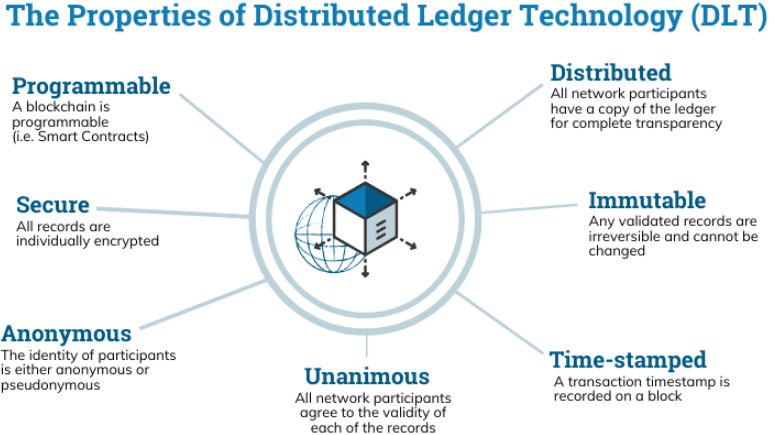
(2) Non-fungible and Fungible Tokens
Many decentralized games utilize non-fungible or fungible tokens to mint (redeem) in-game assets, allowing players to trade them with others, granting true ownership of their gaming assets, and providing a means to earn money while playing.
Additionally, decentralized games often incorporate an associated cryptocurrency for in-game purchases, with players sometimes earning digital currencies as they complete tasks. For instance, Illuvium rewards players with the ILV token upon unlocking achievements. Furthermore, players can capture illuvials, creatures stored on the blockchain, and sell them to other players.
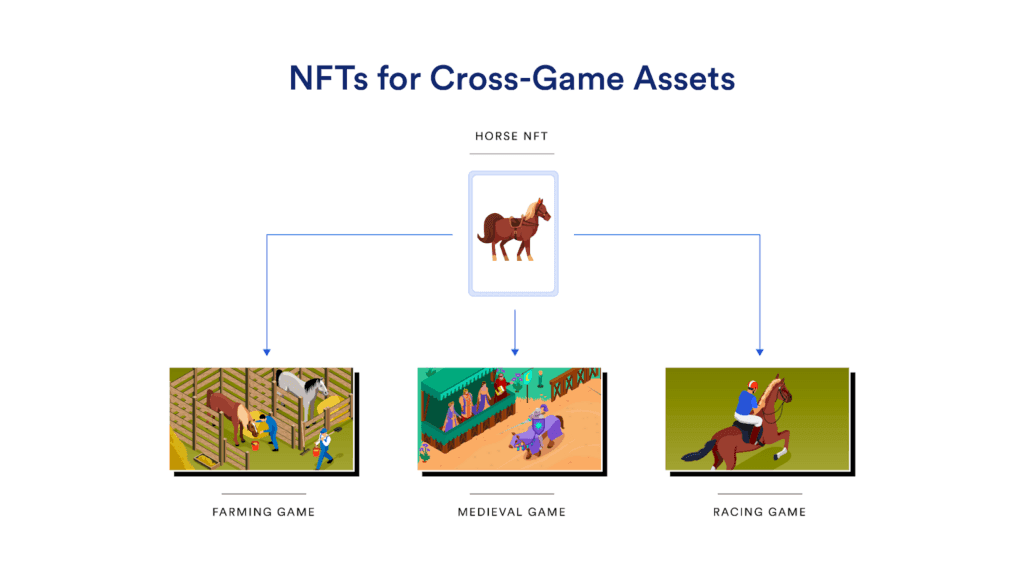
The Solana network has introduced semi-fungible tokens (SFTs), blending aspects of non-fungible and fungible tokens. These tokens are widely used in the blockchain gaming ecosystem, enabling developers to create items that can evolve into unique assets as players progress. For instance, a developer might mint 1,000 SFTs representing a set of iron armor, which players can then upgrade into a unique armor NFT with special in-game attributes as they level up.
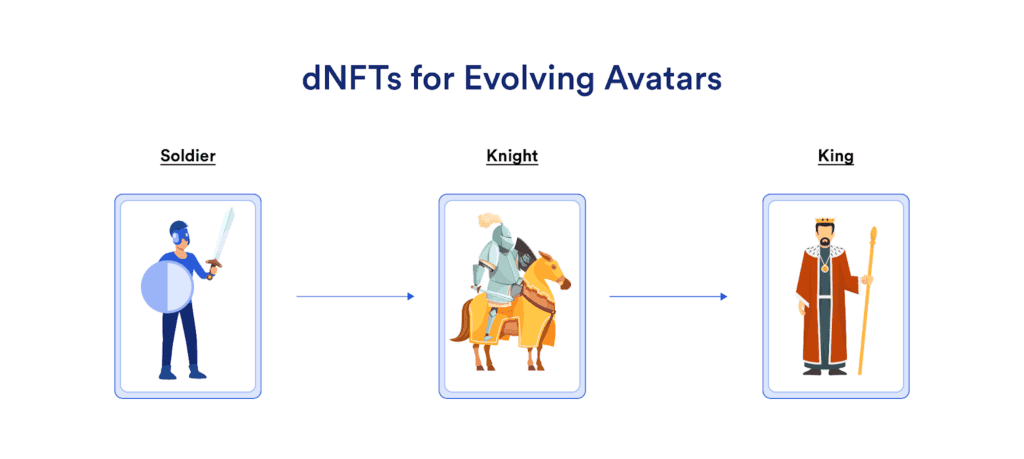
(3) Decentralized Autonomous Organizations
Certain decentralized games empower players to participate in significant decision-making processes. Typically, players can acquire or earn the game's governance token and stake these tokens to cast votes on proposals shaping the game's future.
Moreover, in some instances, game developers opt to run their studio as a DAO (Decentralized Autonomous Organization), eliminating the presence of a centralized entity overseeing the game's development.

Decentralized Gaming Positives
(1) Security
Decentralized games present the potential for heightened security compared to traditional gaming, as developers can store game data on a distributed ledger. These ledgers are maintained by a global network of interconnected nodes and are commonly fortified with cryptography, bolstering protection against unauthorized access or manipulation.
(2) Privacy
Many decentralized games let people sign in with their crypto wallet or a decentralized identifier. In doing so, they give players additional protection against their personal information being exposed.. Player control. The decentralized gaming community gets to vote on important game developments and own their in-game items.
(3) Fairness
Distributed ledgers provide lightning-fast finality, enabling game developers to swiftly validate player actions. This validation system effectively eradicates the potential for cheating or fraud. However, it's essential to acknowledge that many other DLTs may not offer the same level of speed or affordability necessary to reliably prevent cheating.
Decentralized Gaming Negatives
(1) Scalability
Numerous distributed ledger technologies (DLTs) face challenges such as sluggish transaction speeds and steep transaction costs. These limitations pose a risk for developers utilizing these DLTs, as they may struggle to scale and cater to an expanding player base due to network constraints unable to match transaction demands.
(2) Interoperability
Decentralized games offer the potential for inter-game items and characters, fostering greater interoperability between different gaming experiences. However, blockchain interoperability remains a persistent challenge affecting nearly every decentralized application, including decentralized gaming. Games built on the Ethereum blockchain may be less appealing to users on the Solana network, and similarly, games developed using Hedera Hashgraph may not attract players without a Hedera wallet or HBAR tokens.
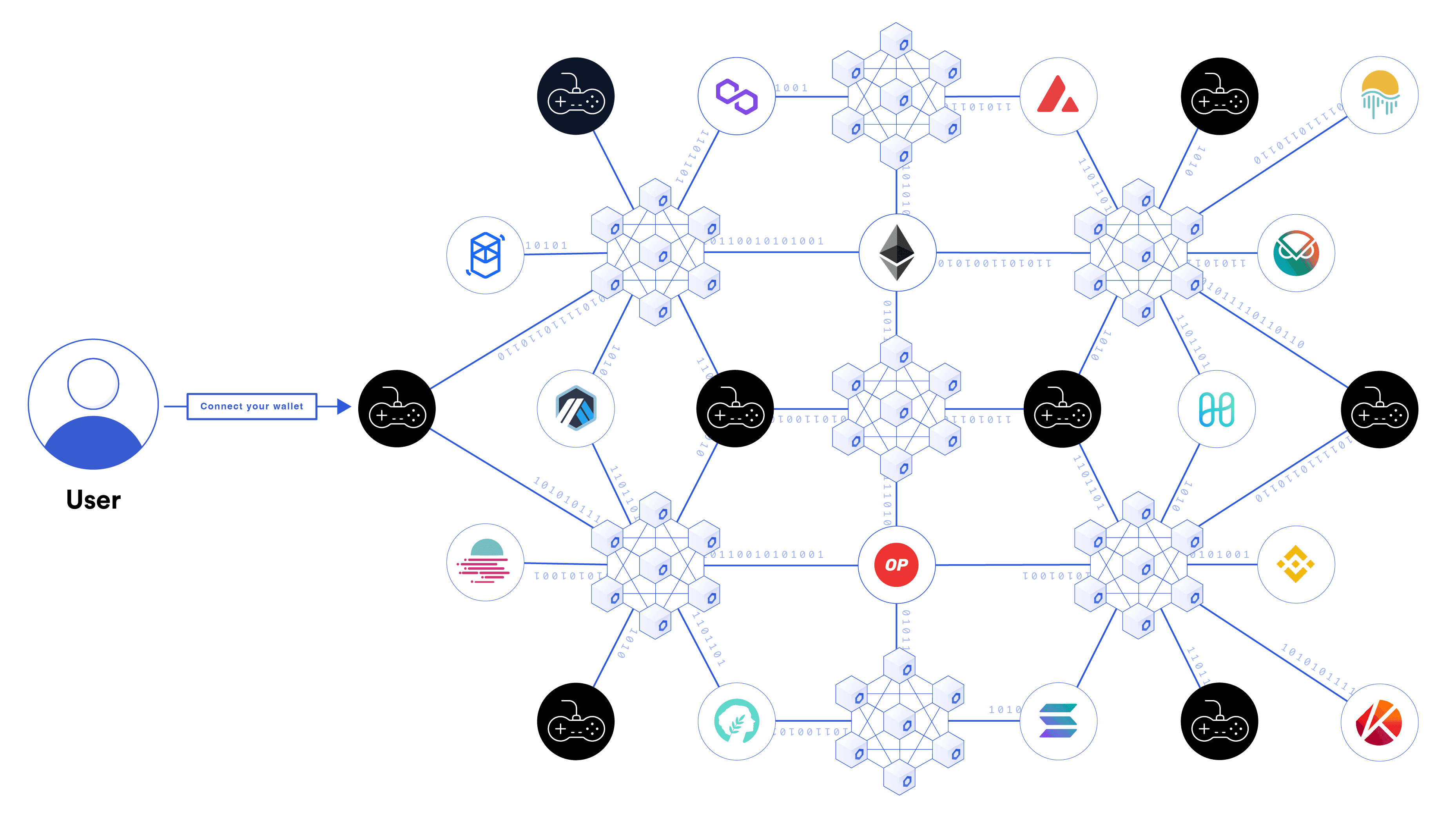
(3) Unseamless User Onboarding
Engaging with decentralized games necessitates players to grasp the setup of a cryptocurrency wallet, safeguard their passphrase, and navigate the process of buying and selling tokens. However, these technical demands may prove overwhelming for certain players.
Future of Decentralized Gaming
In recent years, there has been a notable trend in the gaming industry where several publishers have released unfinished games at premium prices. This has led to instances where publishers faced potential class-action lawsuits due to concerns over the quality of their products.
Such issues undoubtedly fuel a growing desire for alternatives. Decentralized gaming emerges as a promising solution, offering players greater autonomy over their favorite games and the in-game assets they accumulate. With decentralized developers often involving fans in decision-making processes, many traditional gamers may shift towards this ecosystem seeking more control. The evolution of decentralized systems continues to progress, presenting opportunities for novel applications and fewer issues.
This article was inspired by an original blog post from Hedera you can read the full post on their website here for more information.
About the author
Eliza Crichton-Stuart
Head of Operations
Updated:
March 18th 2024
Posted:
March 18th 2024






